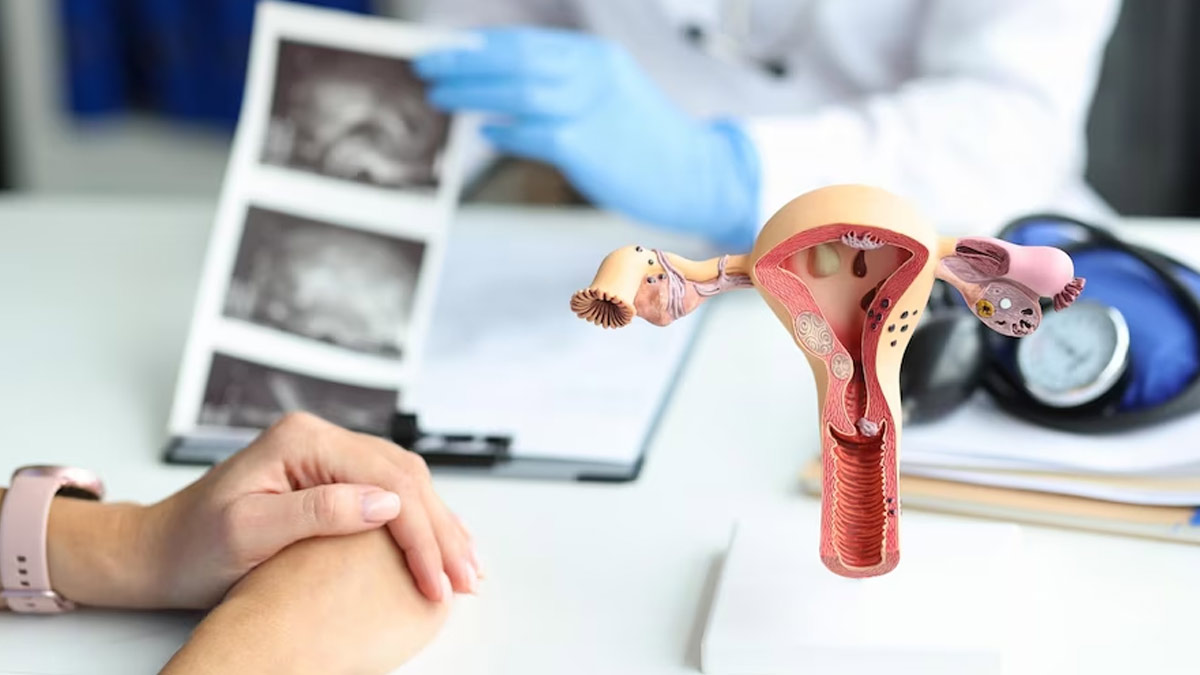
Cervical cancer is the third most common cancer in India, with an incidence rate of 18.3%. It contributes to 6–29% of all cancers in women, according to a 2016 study published in the Indian Journal of Medical and Paediatric Oncology. This is why preventing the disease through regular screening and getting the Human Papillomavirus (HPV) vaccination is crucial.
Table of Content:-
A papanicolaou (Pap) smear, or Pap test, is a screening method that helps detect cervical cancer. It involves collecting cells from the cervix to detect abnormalities, allowing for timely intervention and the prevention of cervical cancer. But many women, due to fear of the procedure and unawareness, refrain from getting the test. Therefore, to clear the air, we spoke to Dr Sujata Mukherjee, Consultant, Gynaecology, Fortis Anandapur, Kolkata, who answered some of the most common Pap test-related questions.
Also Read: Ladies! Here Are 6 Ways To Reduce Your Risk Of Cervical Cancer
When Should You Have A Pap Smear, And How Often?

Regular Pap smears are crucial for women's health, as they help identify and manage potential risks associated with cervical abnormalities.
According to Dr Mukherjee, women between the ages of 21 and 65 should undergo testing at intervals of 3-5 years. Repeated testing has a better rate of success at identifying high-grade lesions, as per the National Cancer Institute (NCI). This is because cervical cancer usually grows slowly, giving subsequent tests more chances to detect those previously missed abnormalities.
Does A Pap Test Hurt?

Dr Mukherjee said, “A pap smear is a cytological examination of the cervix designed to identify precancerous and cancerous cells.”
Answering whether or not the procedure hurts, she said, “The experience can vary from person to person, with some experiencing a little pain and others not.”
She added, “Factors such as the presence of cervical pathology, such as cervical polyps, fibroids, or an unhealthy cervix, may contribute to this discomfort.”
Benefits Of Getting A Pap Smear

A pap smear can identify cervical cancer at an early stage, even prior to the onset of symptoms and before it progresses to a point where treatment becomes more challenging, said Dr Mukherjee.
But apart from that, the screening procedure can also help identify and address other cervical abnormalities, such as precancerous lesions and infections.
Also Read: Cervical Health In Your 20s, 30s, 40s, And Post-Menopause: Explained
Can You Get A Pap Smear During Period?
While there is no harm, according to Dr Mukherjee, it is not advisable to undergo a pap smear test while menstruating. This is because the presence of menstrual blood may affect the accuracy of the results.
Conclusion
If you're someone in their 20s and above, getting a pap smear is highly recommended to maintain your cervical health. It can play a pivotal role in detecting cervical cancer and can also identify precancerous lesions, infections, and other abnormalities. Remember, regular screenings contribute significantly to the prevention and early management of cervical health issues.
Also watch this video
How we keep this article up to date:
We work with experts and keep a close eye on the latest in health and wellness. Whenever there is a new research or helpful information, we update our articles with accurate and useful advice.
Current Version